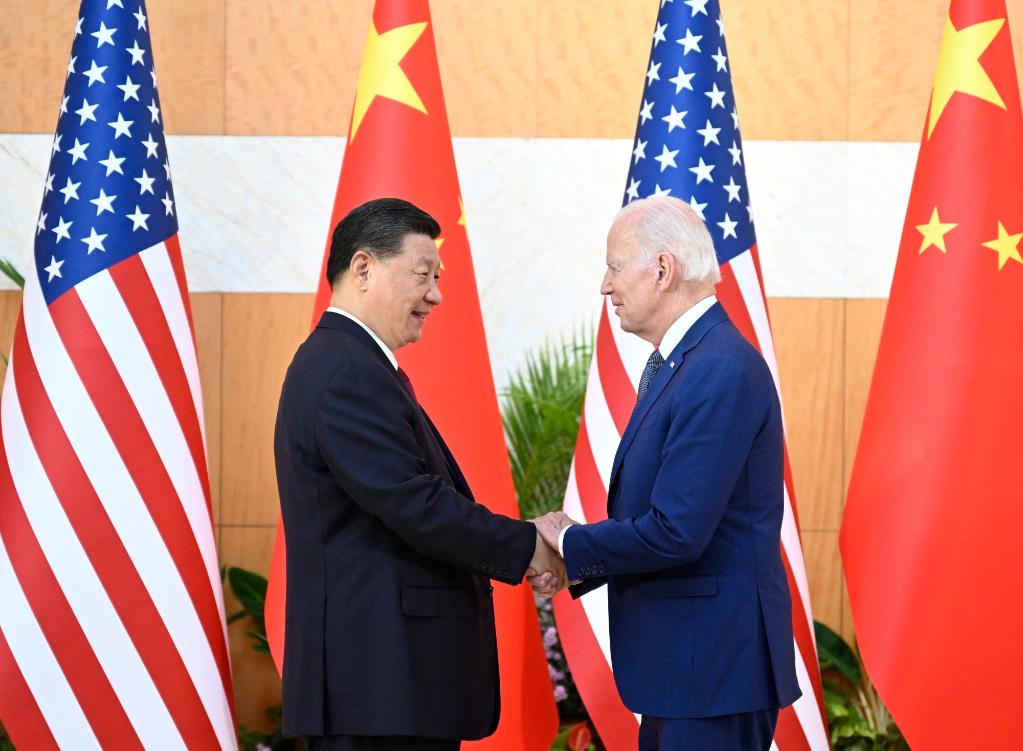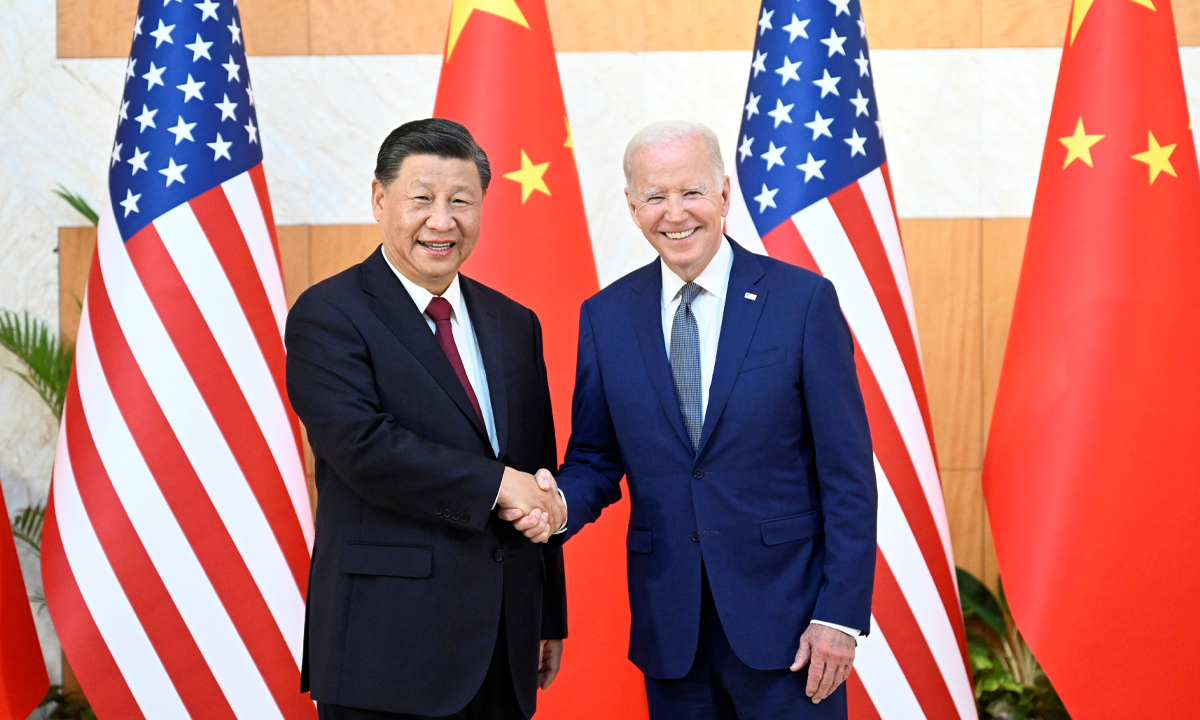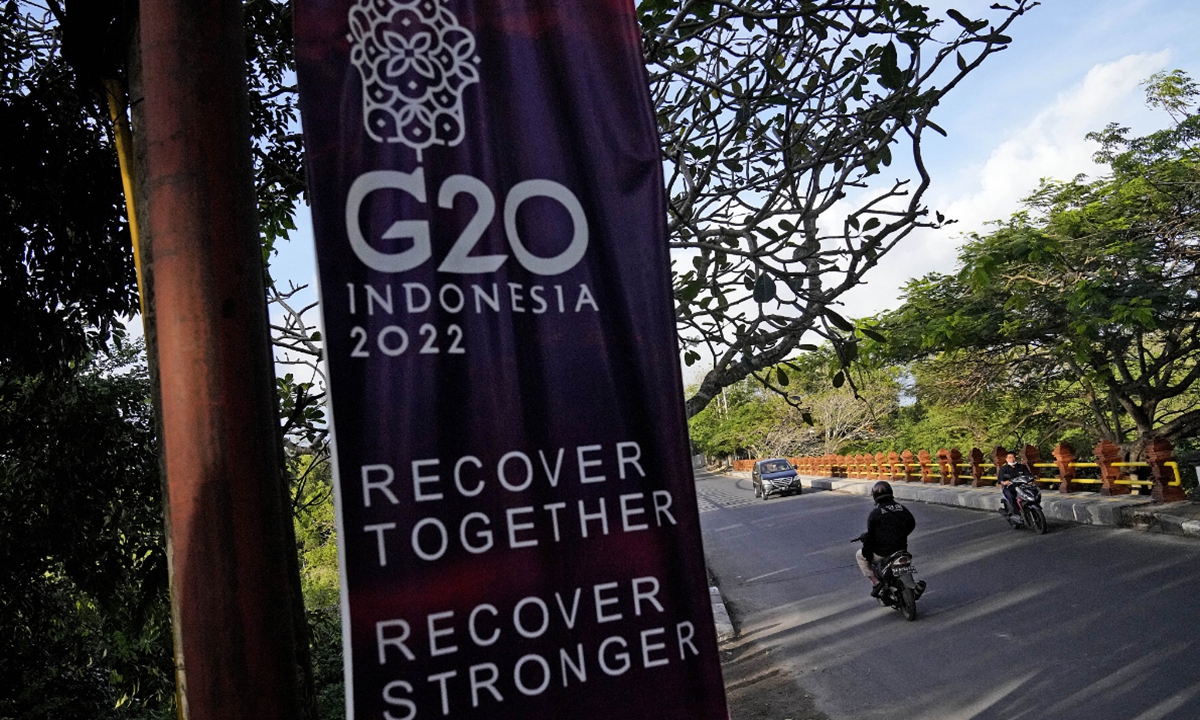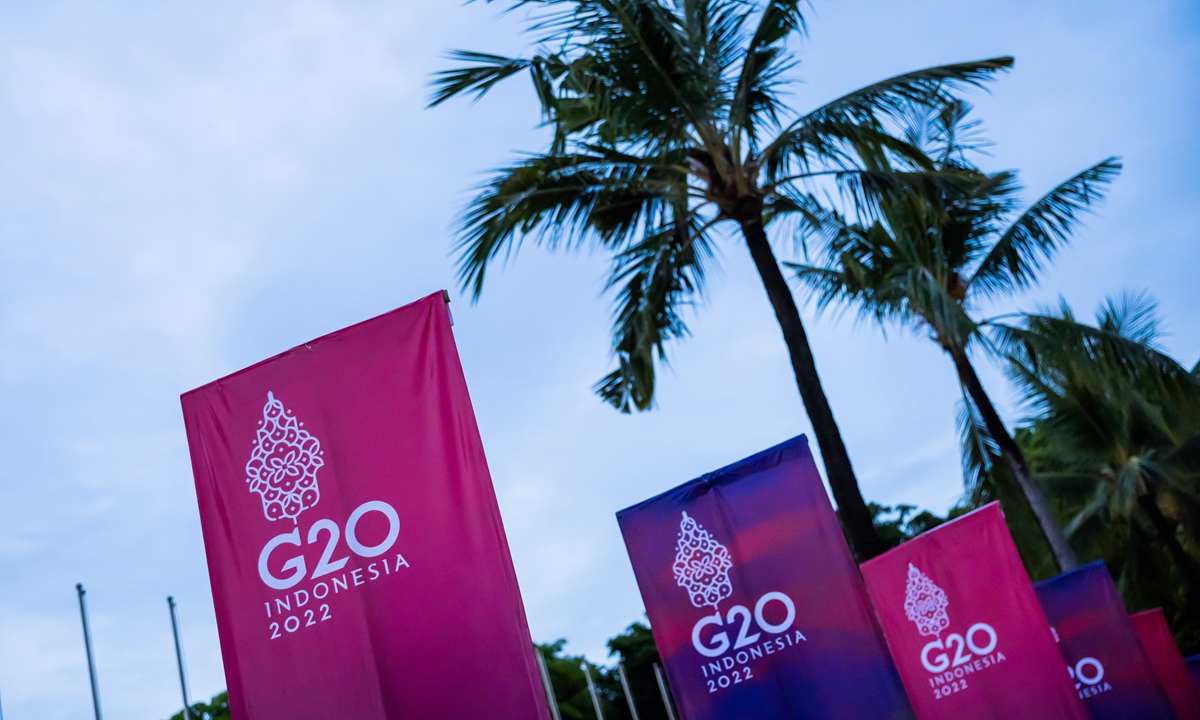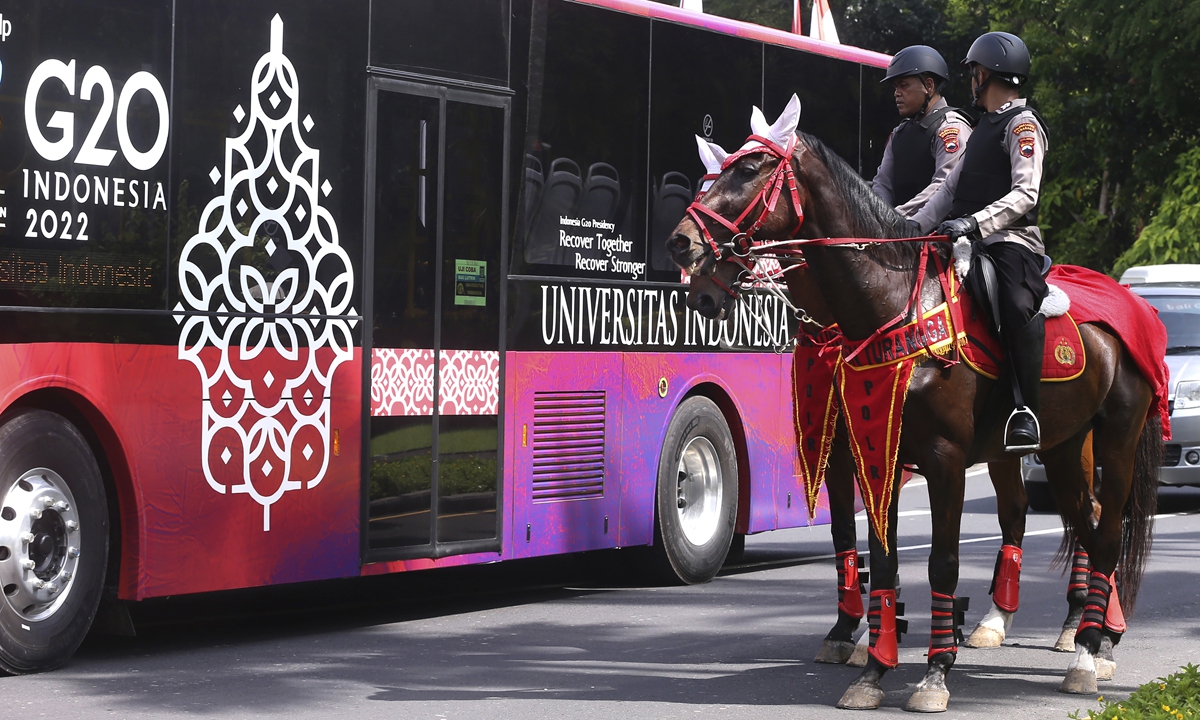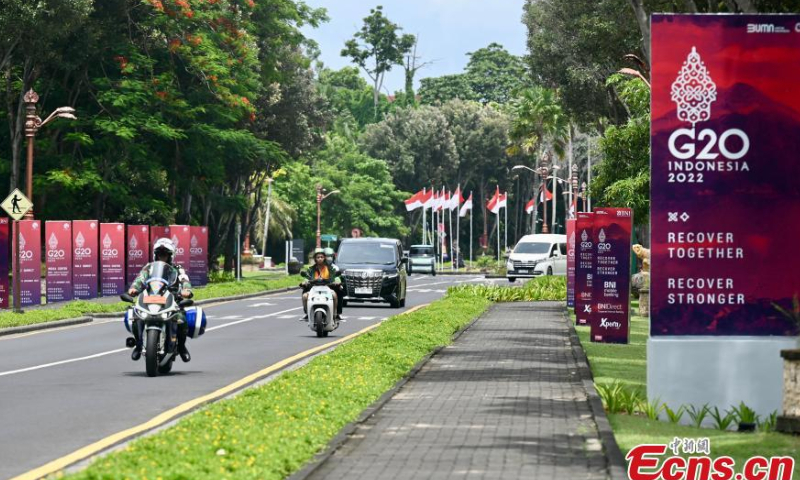Counting of votes is under way in Malaysia's 15th general election. Watch CNA's live coverage of the results. Latest updates at https://cna.asia/malaysiage15live

Malaysia's hung parliament for first time in history
GE15: Hishammuddin sticks to 'No Anwar, No DAP' stance
Barisan must not cooperate with Pakatan, says Hisham
How will BN's 30 seats sway?
PETALING JAYA: Gabungan Parti Sarawak (GPS) and Gabungan Rakyat Sabah (GRS) are ready to give their numbers to Perikatan Nasional in the latter’s bid to form the new Federal Government, but there are doubts as to which way Barisan Nasional’s 30 seats will finally sway.
Analysts believe that although Perikatan chairman Tan Sri Muhyiddin Yassin declared that he has the majority to form the government and become the 10th prime minister, there were other possibilities on how alliances to forge a ruling coalition could pan out.
Dr Oh Ei Sun, a senior fellow at the Singapore Institute of International Affairs, said although it seemed like a Perikatan-Barisan-GPS-GRS coalition was “almost a done deal”, Pakatan Harapan would also court Barisan for its numbers.
He felt a Barisan-Pakatan government could also work.
“Logically yes, because there is less competition over the (support) of the same (group) of conservative Malays between Barisan and Pakatan,” he said.
International Islamic University Malaysia’s Dr Tunku Mohar Tunku Mohd Mokhtar said it was very possible that Barisan would opt for a Perikatan-led government.
“Although there might still be resistance from the pro-Zahid group, I think eventually Umno will decide to bring Barisan to join this coalition.
“There is a growing discontent within the party and the calls for Barisan chairman (Datuk Seri Dr) Ahmad Zahid (Hamidi) to resign are getting louder,” he said.
He said although a Perikatan-Barisan-GPS-GRS pact would have 131 seats, it would present a “cohesion test” for such a Perikatan-led government.
“It depends on leadership. Will Muhyiddin be able to impose discipline? Will GPS accommodate PAS’ views and vice-versa?” he said.
As for Pakatan, Tunku Mohar said the coalition’s chances to come to power was very slim.
“The only chance is if Barisan decides not to join Perikatan, GPS and GRS,” he added.
He said the possibility of Barisan and Pakatan joining forces would also depend on PKR deputy president Rafizi Ramli, and DAP and pro-Perikatan MPs being able to accept such a coalition.
It is understood that Umno leaders are also divided over supporting Perikatan or Pakatan.
Commenting on this, Tunku Mohar said it would be a tough call for Barisan.
“It is divided because a faction would not want to work with Datuk Seri Anwar Ibrahim, while another would not want to work with Muhyiddin.
“It’s unclear if their division is over policy matters. It has to choose between being a weak coalition partner with Perikatan and a slightly stronger one with Pakatan. It’s a dilemma because it will also affect its survival,” he said.
Pakatan won 81 seats, while Perikatan took 73, GPS 22 and GRS six.
BN-PH pact: No DAP or Pakatan government, it's a unity government, says Anwar
I’m the sole PM candidate if Pakatan-Barisan pact works out, says Anwar
Barisan to collectively decide on post-electoral pact by Tuesday, says Dr Wee
Anwar’s PH might not secure enough seats to form majority, says analyst
Anwar Ibrahim says his Pakatan Harapan coalition has the numbers to be able to form a government but declines to say which other parties are supporting him. Perikatan Nasional (PN) leader and former Malaysian prime minister Muhyiddin Yassin has left the door open for “like-minded” parties to form a ruling coalition, after results so far showed PN neck and neck with PH. Mr Muhyiddin has ruled out working with PH.
Latest updates at https://cna.asia/malaysiage15live
COMMENTS: PH beat PN by 1.2 million popular votes.
If PH can't form the government, then the rakyat's mandate is robbed again 


 *VOICE OUT* the support for PH now before too late.
*VOICE OUT* the support for PH now before too late.Hung parliament for Malaysia, with Pakatan Harapan slightly in front of Perikatan Nasional
Malaysia has a hung parliament, with Pakatan Harapan (PH) and Perikatan Nasional (PN) neck and neck in the race to form a government in the country's 222-seat parliament.
Opposition leader Anwar Ibrahim said early on Sunday (Nov 20) that his PH coalition has the numbers to form a government. He did not reveal which parties are supporting him, saying only that he will notify the palace accordingly.
PN chairman and former Malaysian prime minister Muhyiddin Yassin, on the other hand, said the coalition is ready to work with other parties to form a government, but ruled out joining hands with the PH.
The ruling Barisan Nasional, trailing in the polls, issued a statement saying it accepted the people's decision.
This election was touted as the most hotly contested in the country's history.
One of the biggest electoral casualties of the night was former prime minister Mahathir Mohamad, who failed to defend his Langkawi seat. It is his first defeat in 53 years.
BN's Khairy Jamaluddin, the health minister who helped to steer Malaysia through the COVID-19 pandemic, also lost his seat, as with finance minister Tengku Zafrul.
Highlights from the results of Malaysia's 15th General Election
Umno swept aside by 'green tsunami'
THE next government is still a work in progress while Malaysians are trying to wrap their heads around the stunning outcome of the 15th General Election (GE15).
As at press time, Barisan Nasional was on the way to a defeat more crushing than in 2018.
There are already calls for Datuk Seri Dr Ahmad Zahid Hamidi, who is Barisan chairman and Umno president, to take responsibility and resign.
The shocker of the night was the dark horse Perikatan Nasional giving Barisan Nasional the fight of its life.
The Malay wave that rumbled towards Perikatan has enabled it to wrest Perlis and and roll over the other Malay states.
Some viewed it as the “green tsunami,” a reference to PAS which is the dominant partner in Perikatan.
The two coalitions were neck-and-neck in many seats and a video from Kepala Batas of Datuk Seri Reezal Merican Naina Merican conceding defeat to Perikatan a little after 10pm, said it all because an Umno stronghold that was once held by a former prime minister had fallen.
Perikatan, with PAS providing a strong Islamic voice, had sucked away Malay votes that would have otherwise gone to Umno and it included the civil service, Malay professionals and Malay first-time voters.
There is a very powerful subtext to this. It signals that Malays who rejected a Malay party they regarded as tainted had also spurned the multiracial Pakatan Harapan.
They preferred to turn to an alternative that was very much centred around race and religion.
The fact that Perikatan managed to win the prestigious Putrajaya seat was another clear sign that the country’s top civil servants had rejected Barisan.
They felt that Umno had not learnt from the fall of 2018 and had failed to change according to the times.
The economy had affected ordinary people where it hurt most, but corruption and integrity were important issues among the professional class.
There is still no sign of what kind of government will be formed out of this confusing state of affairs.
However, Pakatan captain Datuk Seri Anwar Ibrahim is nearing his dream to be the next prime minister with the credible win by his coalition.
Will he be able to cobble together a coalition government in the coming hours?
Winning so well was tough but the harder part lies ahead.
The new Tambun MP had run a great campaign, igniting excitement in Perak and beyond.
He managed to capture the national mood and public imagination as he zipped from east to west and north to south over the last fortnight.
There was criticism about him jetting about in a private helicopter but it was a necessary mode of transport in order to reach out as extensively as possible.
It also gave him the air of a man on a mission, who was willing to go the distance to achieve his goal.
Many Pakatan supporters who had written him off rallied behind Pakatan as he stirred interest and, more importantly, revived belief in him.
The Chinese especially are still thirsting for a truly Malaysian leader and he seemed to quench their thirst with his multiracial narrative, his energy and his personal charm.
The last general election was shaped by people gravitating towards Tun Dr Mahathir Mohamad.
This election found Malays swaying to Perikatan, a pattern evident in Malay seats all over the country.
The Malay voters had decided to try out a new dish on the political menu.
The atmosphere at the Umno headquarters was not as dazed and shocked as in 2018, but none of them thought that lightning would strike twice.
A voice recording from Melaka Umno chief Datuk Seri Abdul Rauf Yusoh, at about 1pm, instructing the Umno machinery to get their “white voters” out to vote was the first indication of trouble for Barisan.
Barisan had become too complacent after the fantastic wins in Johor and Melaka.
The coalition had called the election confident of being the next government but it seemed out of sorts throughout the campaign.
The campaign lacked oomph! and did not seem coordinated. Barisan failed to show that it was in charge even though Datuk Seri Ismail Sabri Yaakob was the caretaker prime minister.
Ismail Sabri did not travel the country to rally the troops, selecting only certain areas to go to. He did not have a strong narrative and he was eclipsed by Anwar’s star power.
Umno’s Mr Nice Guy was somehow not the average Malaysian’s notion of a prime minister.
Barisan election director Datuk Seri Mohamad Hasan, who did such a great job in the Johor and Melaka elections, could have been more hands on. Instead of moving around to help campaign elsewhere, he kept to Rembau.
But Barisan’s problem was Ahmad Zahid who was like the proverbial sitting duck.
He was the prime target of attacks that highlighted his corruption court case as well as an intense psywar that he would be the prime minister if Barisan wins.
However, he was too powerful in Umno and no one dared to bell the cat.
The most tragic news of the night was Dr Mahathir losing his deposit in Langkawi. It was the ultimate rejection for this once great man who changed the fortunes of this island in the sun.
Turbulent days lie ahead for Malaysia but the voters have decided.
Pakatan wins big in Penang | The Star

All smiles: Supporters celebrating at the Seberang Prai Vocational College counting centre in Bukit Mertajam, Penang. — LIM BENG TATT/The Star
GEORGE TOWN: Pakatan Harapan has lived up to its tag as the favourite, winning 10 of the 13 seats here.
But it was not without a heavy price. PKR vice-president Nurul Izzah Anwar lost in her father’s home seat of Permatang Pauh.
The seat had been with her family since 1982, having been won by her father, her mother and herself.
Also falling by the wayside was Barisan Nasional’s incumbent Kepala Batas MP Datuk Seri Reezal Merican Naina Merican.
Earlier, Barisan also lost its stronghold in Tasek Gelugor to Perikatan Nasional’s Datuk Wan Saiful Wan Jan.
DAP, however, had a good outing, making a clean sweep of the seven seats it contested. Leading the way was Penang Pakatan chairman Chow Kon Yeow, who emerged victorious in the Batu Kawan parliamentary seat with ease.
“The election is not about Chow Kon Yeow or Batu Kawan, but it is a call for Malaysia to be saved,” he said afterwards.
Chow, who is in his final term as MP, had moved away from his comfort zone in Tanjong on the island to contest the Batu Kawan seat on the mainland.
His six other party comrades also did equally well.
They were DAP chairman Lim Guan Eng (Bagan), legal bureau chief Ramkarpal Singh (Bukit Gelugor), organising secretary Steven Sim Chee Keong (Bukit Mertajam), central executive committee members RSN Rayer (Jelutong), and Lim Hui Ying (Tanjong) and Syerleena Abdul Rashid (Bukit Bendera).
As for PKR, it successfully secured the three seats of Balik Pulau, Bayan Baru and Nibong Tebal, despite Nurul Izzah’s defeat.
Wanita PKR chief Fadhlina Sidek was the surprise package, stealing the limelight in Nibong Tebal by gunning down two-term MP Datuk Mansor Othman of Perikatan to cap a memorable political debut.
Mansor had won the seat earlier on a Pakatan ticket before defecting.
The other two PKR seats – Bayan Baru and Balik Pulau – saw incumbents Sim Tze Tzin and Datuk Muhammad Bakhtiar Wan Chik emerging victorious in keenly fought contests.
There are 13 parliamentary seats in Penang – six on the island and seven on the mainland.
In the last elections, Pakatan won 11, with DAP getting seven and PKR four while Barisan had two.
Two MPs – one each from Pakatan and Barisan – quit to join Bersatu.
Besides Mansor, the other who defected was Datuk Shahabudin Yahya, who did not contest in Tasek Gelugor this time.
GE15: PH wins big in Penang - New Straits Times
GE15: Penang Pakatan disappointed for not achieving target ...
 Malaysia the winner
Malaysia the winner
Forming a stable government that lasts 
Green tsunami that rocked GE15 | The Star
Malaysia holding 15th general election
Related posts:
This is the strongest criticism yet, written by a Malay about the contemptible Malay power elites. Apa Malu! Malays-and-muslim-two-of-a-k.





















 .
.
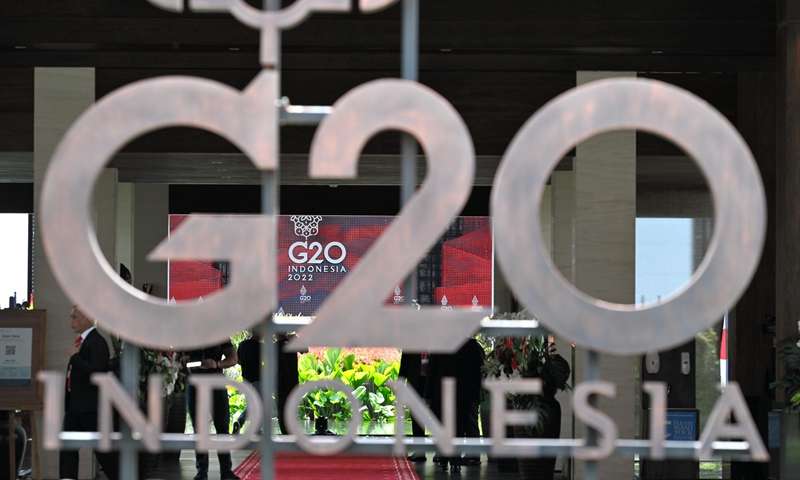
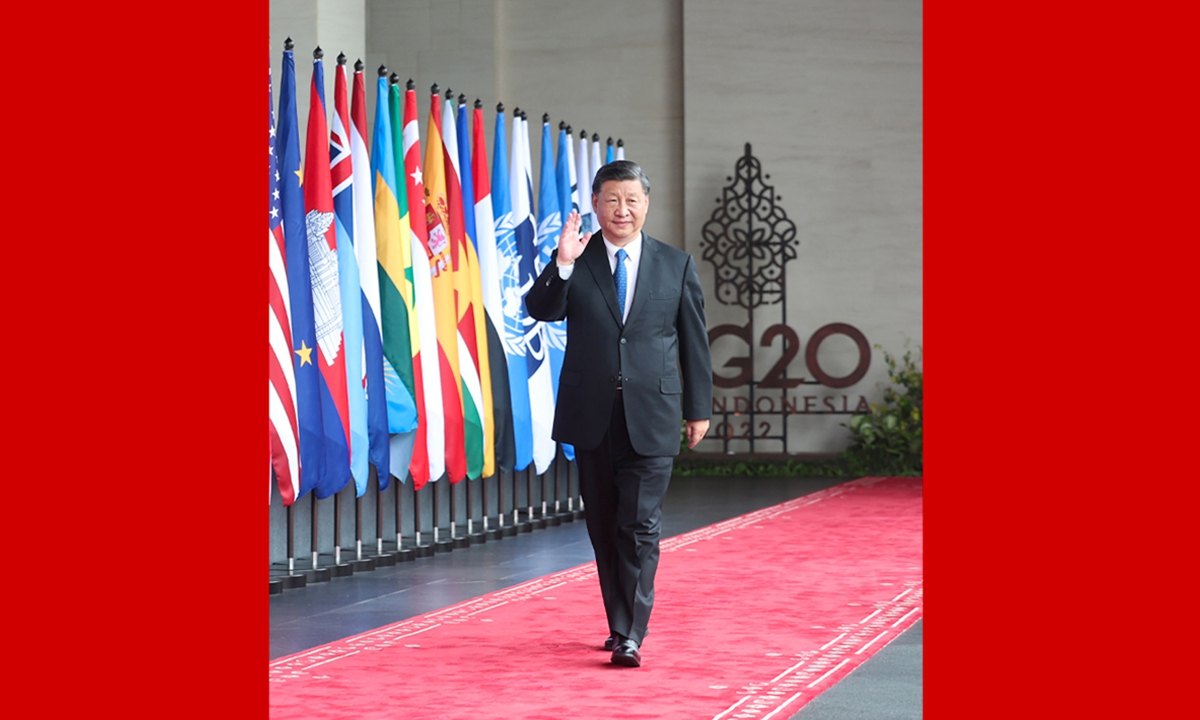
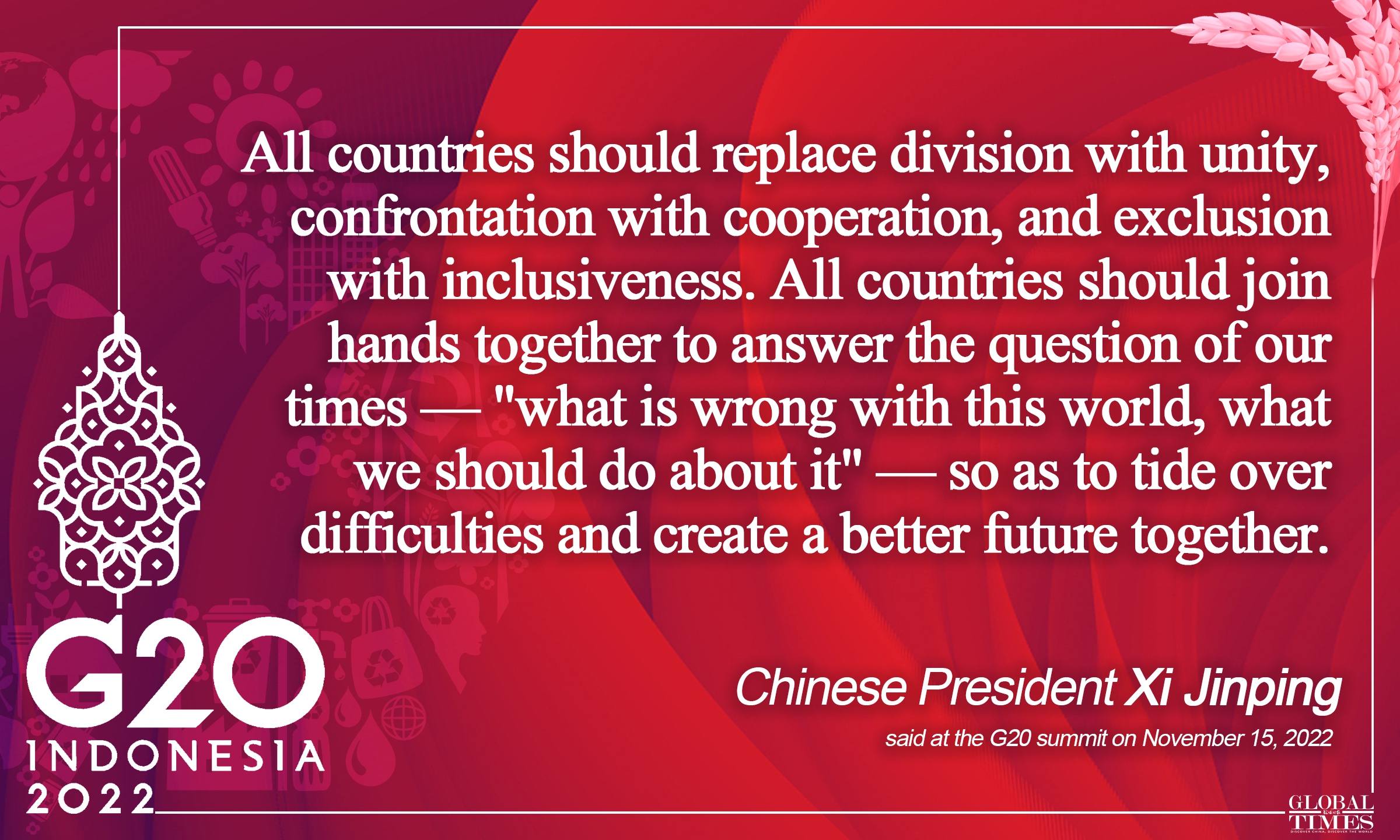
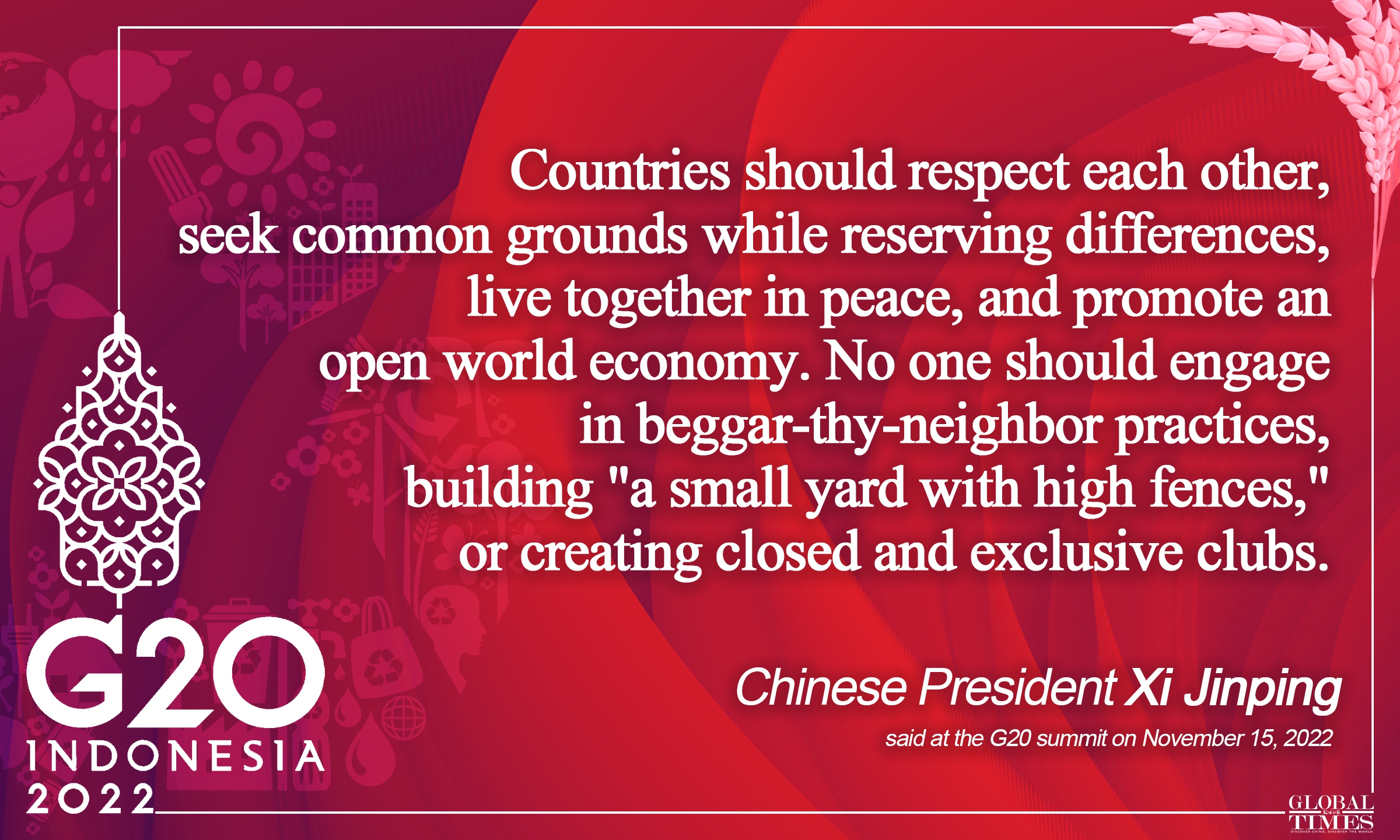
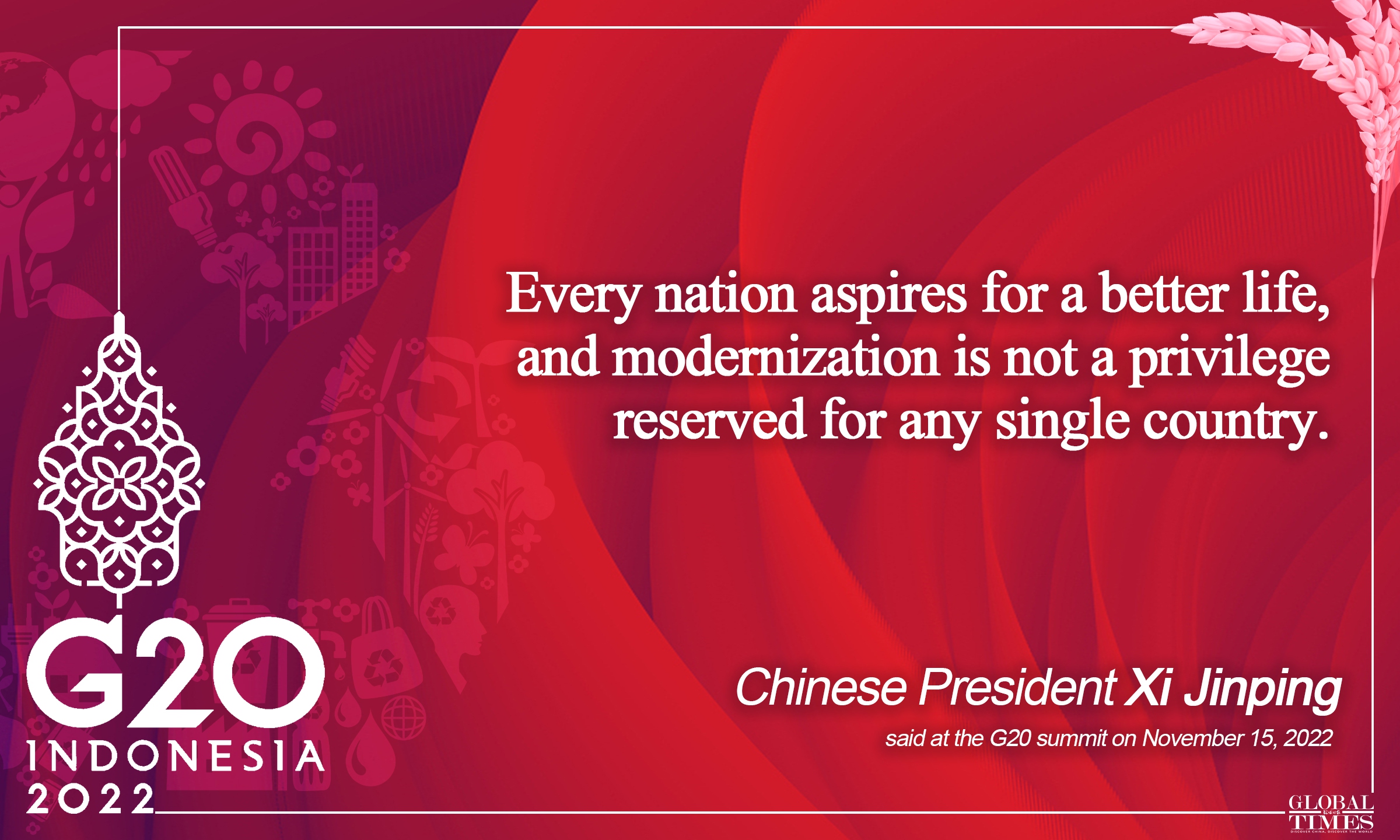
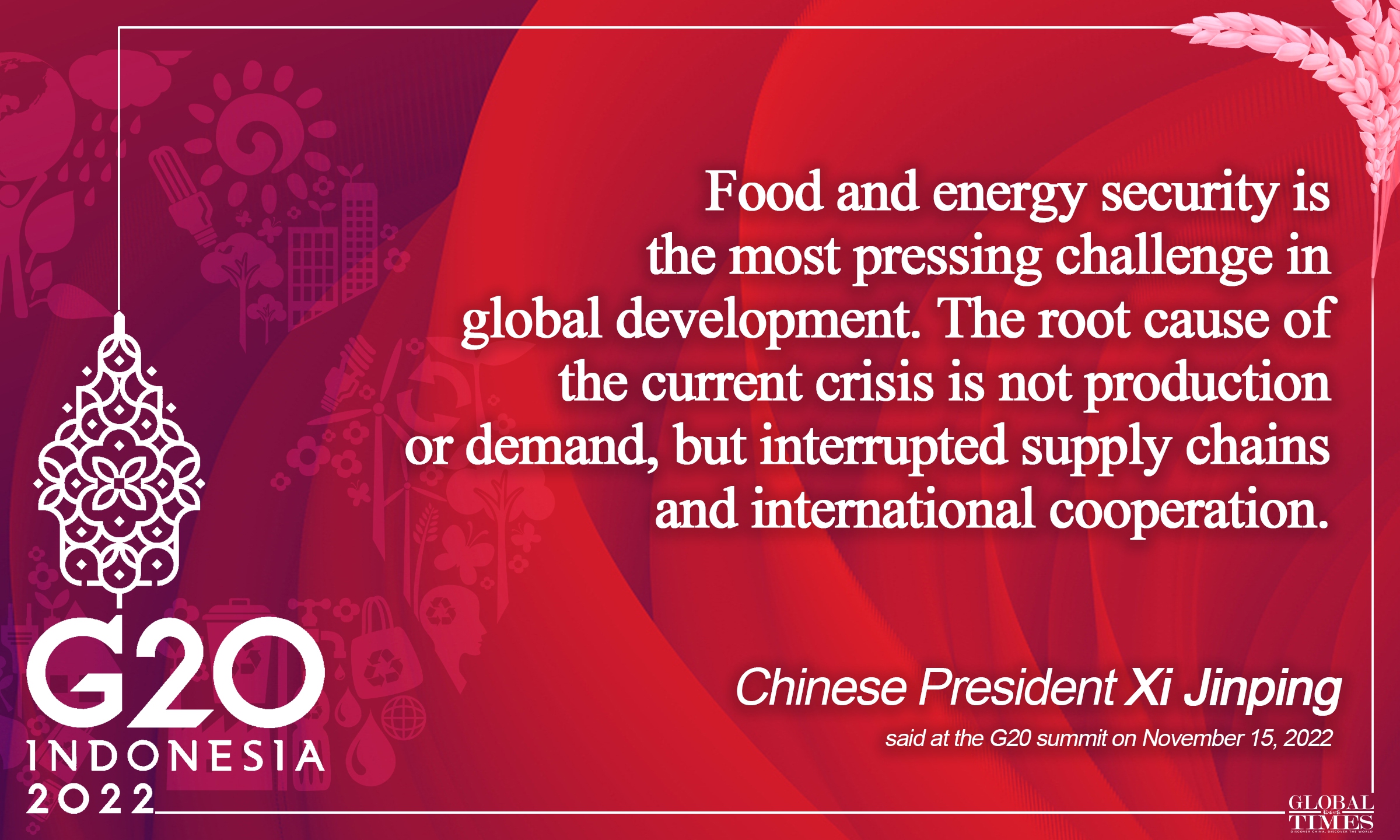
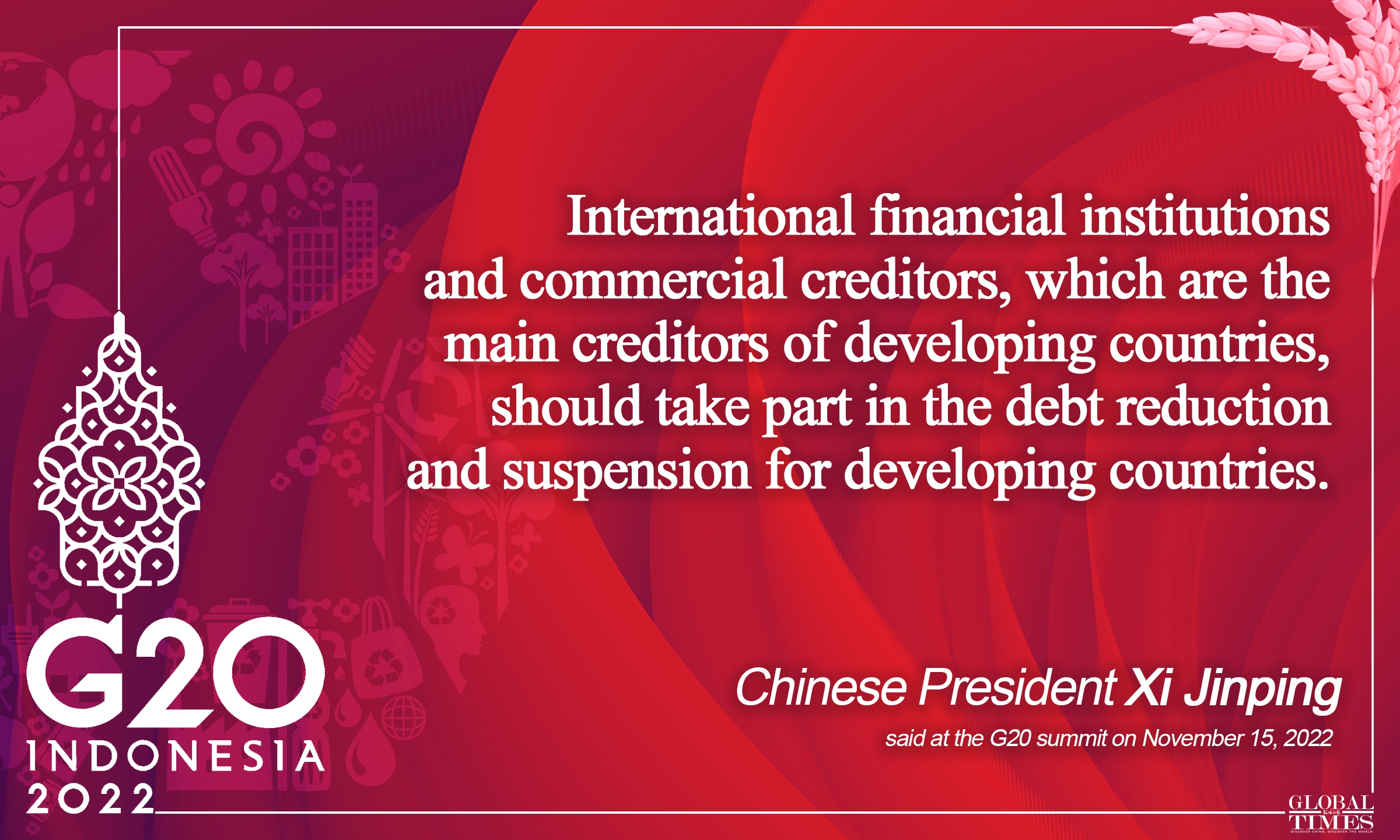
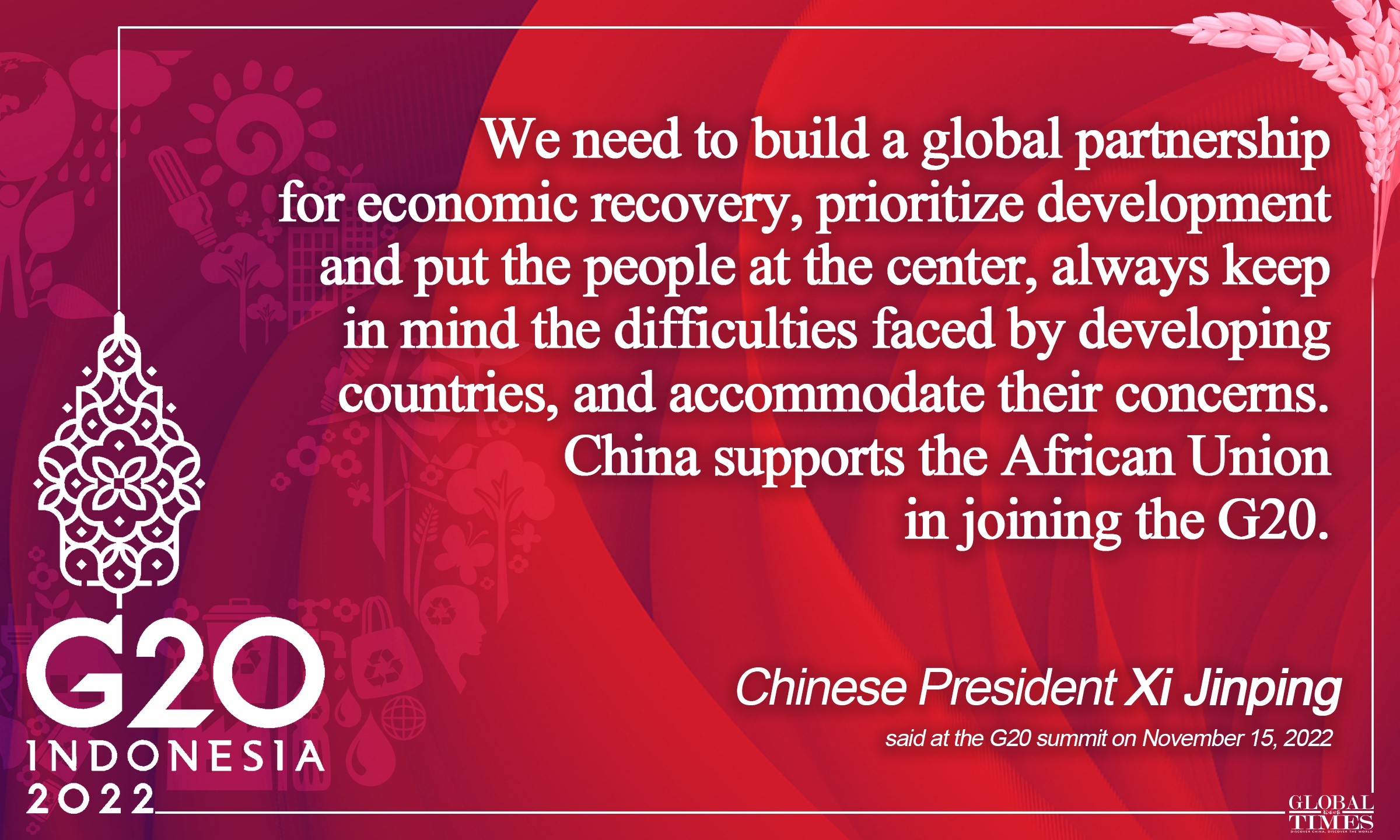
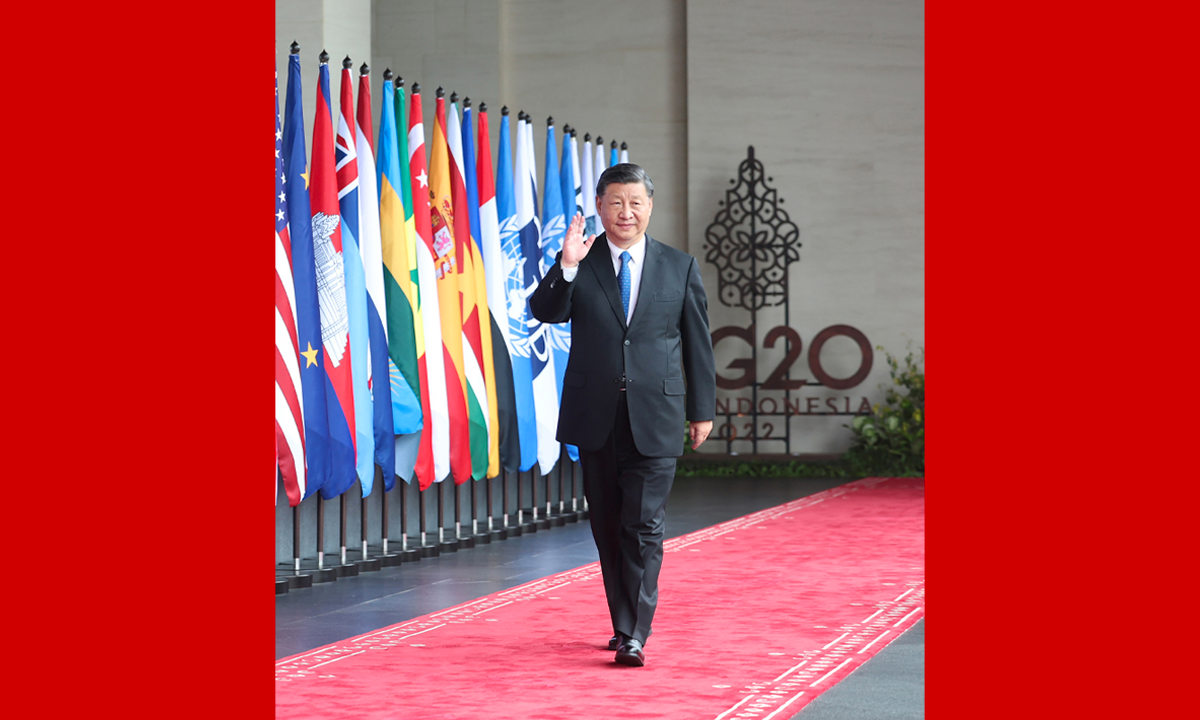




%20Dashboard%20With%20Vaccination%20Data.png)




